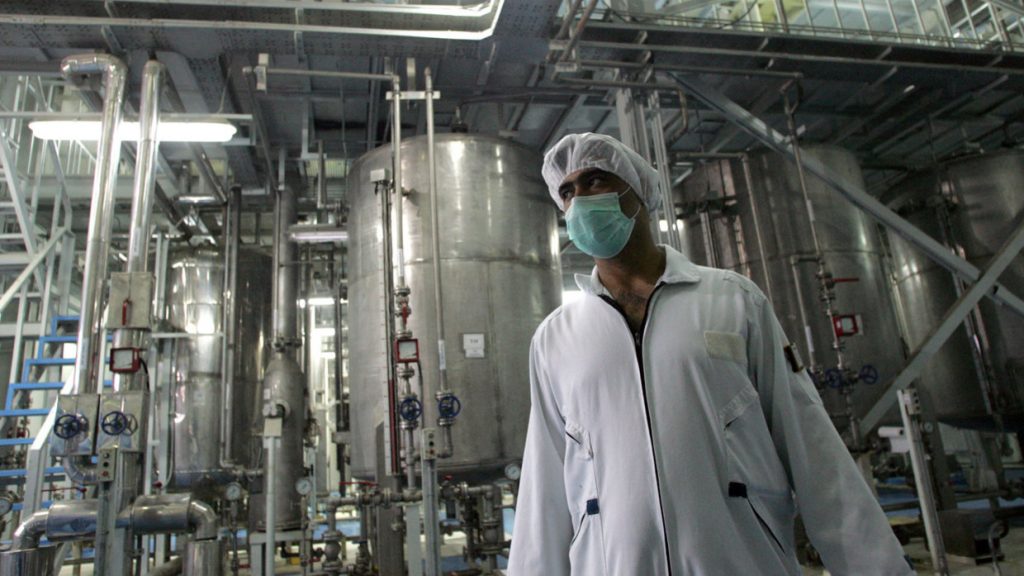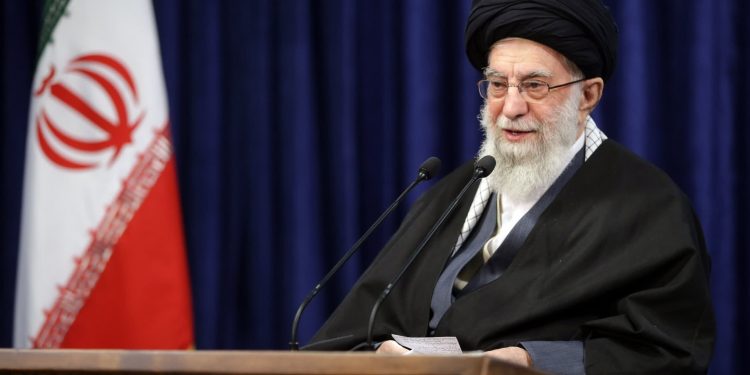Iran’s latest move in violation of the 2015 nuclear deal has caught international powers’ attention, raising the stakes for a return to the multi-country agreement as it demands the lifting of U.S. sanctions. UN nuclear watchdog the International Atomic Energy Agency (IAEA) last week confirmed a report that Iran has begun producing uranium metal, a step that violates the parameters of the 2015 deal — also known as the JCPOA — which lifted sanctions on Iran in return for curbs to its nuclear program.

Non-enriched, uranium metal has little civilian use and is different from enriched uranium, which can be used for nuclear energy. Iran says it activity is meant to produce fuel for a research reactor. IAEA inspectors confirmed a minutely small volume of 3.6 grams (0.1 ounces) of the substance at an Isfahan facility — less than the size of a thimble.
But it’s raised the alarm for some in the international community, since a greater quantity of the metal — about half a kilogram, according to experts — can be used to build the core of a nuclear bomb.
“This is one of the most serious nuclear steps that they’ve taken,” a former Obama administration official involved in the original JCPOA negotiations told CNBC, referring to Iran. “It’s pretty provocative.” The former official spoke on condition of anonymity due to professional constraints on speaking to the press.
The U.K., France and Germany, all supporters of the JCPOA, said in January that Iran has “no credible civilian use for uranium metal.” They described the news as “deeply concerning.”
“The production of uranium metal has potentially grave military implications,” they warned.
Behnam Ben Taleblu, a senior fellow at the Washington-based Foundation for Defense of Democracies, said the Europeans’ statement is significant.
“You know you’re in trouble when the Europeans don’t buy the ‘civilian use’ argument put forward by Tehran. That’s what should ring alarm bells,” he said. [CNBC]















